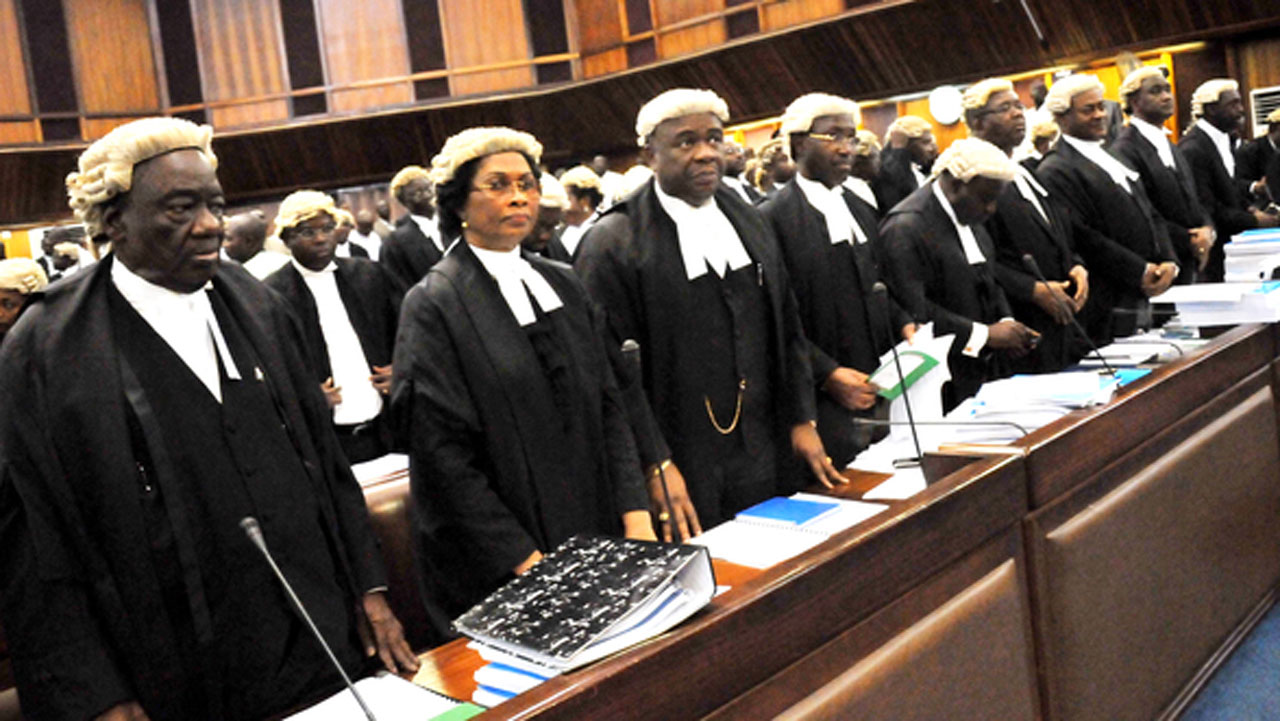
Making a considerable impact on the legal profession – for example, through initiatives that have an impact on social mobility or diversity and increase the competitiveness of the sector. Innovation: Making an impact through a standout achievement or through innovation – for example, by breaking through into new territory, such as making an impact through work on Lawtech, innovation in legal education, or that promote UK legal services overseas. Academic work: Making an impact through outstanding academic work that makes a positive contribution to the law and/or legal system. You can see examples of previous successful nominees by viewing their case studies.
Who is Eligible for the QC Honoris Causa Award?
To be eligible for the award, the individual must be a qualified lawyer or legal academic and the nomination must be for achievement outside practice in the courts. In other words, an award would be made for non-advocacy work. The award is open to foreign qualified professionals. There is no residency requirement. Examples of those eligible may include (but are not limited to): solicitors without higher rights of audience. legal executives in-house lawyers, including Counsel, non-practising lawyers, legal academics
Holding a fee-paid judicial office in addition to normal practice would not exclude lawyers who meet the eligibility criteria above.
However, it should be noted that someone who has been honoured in the main honours system within the last two years, or who has been nominated for such an honour this year, would not be eligible to receive an Honorary QC award.
How are awards made? Nominations are considered against the criterion by a panel of representatives from the legal profession, civil service, judiciary, and academia, which is chaired by MOJ. The panel of representatives provide the Lord Chancellor with recommendations of appointable nominees. The Lord Chancellor, whose role is to ensure that the process has been carried out in a fair, open and transparent way, will then consider and decide the final recommendations.
The recommendations are then referred to the Queen for agreement, who grants the awards under the royal prerogative.
How to Nominate Someone for the QC Honoris Causa Award
Anyone can make a nomination. You do not need to have a legal background or reside in the UK and you may nominate as many people as you like”. Find out more about the Honorary Queen’s Counsel Nomination Form (GOV.UK). Publication date: 29 June 2022. The arguments or suggestions by myself and my learned friend of the Inner Bar, Ebun-Olu Adegboruwa, SAN and others are not intended to undermine, denigrate, rubbish, abuse or belittle those Nigerian academics who had been awarded the Rank of SAN.
But we as well-meaning legal practitioners are interrogating the appropriateness of awarding the Rank of SAN to law teachers who strictly speaking are not Advocates in the Courtrooms. My concern and others is that the present mode of giving the award to academics in some cases, is in no way in line with the provisions of the Guidelines for giving the award. The Guidelines only empowers Legal Practitioners’ Privileges Committee ((LPPC) to confer the rank on academics in exceptional cases on academics who have made “substantial contributions to the practice of Law, through teaching, research and publications that have become major source of reference by Legal Practitioners’, Judges, Law Teachers and Law Students”.
Not only are most of the academics on whom the rank is conferred largely unknown, their publications are either not well-known or have become major sources of reference by Legal Practitioners’, Judges, Law Teachers and Law Students. In violation of the provisions of the Guidelines, academics are appointed based on the Point system. The points are given based on the quantity of publications submitted by the Applicant rather than on the requirement that the publications must be major reference material by legal practitioners, judges, law teachers and students.
So, all that an academic needs to do to qualify is to bring a bagful of publications and score more points than other Applicants. This is totally unacceptable. This explains why many of the academics as well as their publications are largely unknown. Of equal importance is the fact that even though the academics do not go through rigorous process advocates go through to take Silk, they utilize the Rank in court. If the LPPC must continue to approve the award of the Rank on academics then it must be done honoris causa as done in the UK as shown above.
Concluded
Adegboruwa is a Senior Advocate of Nigeria (SAN).






